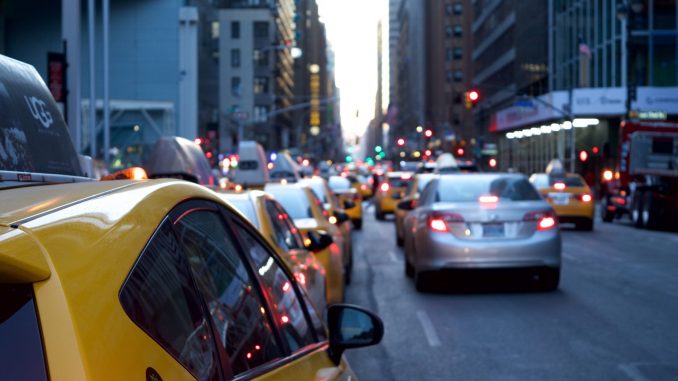
In a landmark case for gig economy workers, taxi company Uber have just faced a court hearing which could change the way workers are treated in the future. However, it looks like Uber won’t give in to the demands of its workers easily. The company, whose workers claim that they are being treated unfairly, have tried to overrule the employment tribunal. They claim that the relationship they have with their driver is “typical of the private hire industry”.
Uber’s workers argue that, although they are currently treated as being self-employed, they should be treated as employees, which would make them eligible for workers’ rights including minimum wage and holiday pay. This has been backed by The Independent Workers’ Union of Great Britain (IWGB), who have also organised a march this week in support of the workers.
It has also been backed by Momentum, the Communications Workers Union, War On Want, Bakers Food and Allied Workers Union and United Voices of the World, and other groups. Chairman of IWGB United Private Hire Drivers, James Farrar, said in an interview: “It’s two years since we beat Uber at the Employment Tribunal, yet minicab drivers all over the UK are still waiting for justice, while Uber exhausts endless appeals.
But, the case goes back over two years now and Uber have consistently fought the appeals put forward by the workers’ and the union. They say that they are acting as an agent for the drivers, connecting them with passengers, and therefore not responsible for them as an employer. A representative for Uber, Dinah Rose, pointed out that this model has been used for years, and that it “enables it to operate on a much larger scale than traditional minicab companies”.
This has been criticised by the lawyers acting on the case, Leigh Day. Partner in the firm, Nigel Mackay, said that Uber is denying drivers their basic rights. He said: “The employment tribunal made clear and well-reasoned findings, backed-up by the evidence produced at the tribunal, including Uber’s own description of itself in publicity material as ‘a transportation network’ and ‘Everyone’s Private Driver’.”
“It is very disappointing that Uber refuses to accept the employment tribunal’s judgment and instead continues to deny the GMB members that we represent their fundamental workers’ rights, including to be paid at least the National Minimum Wage and to receive paid time off. These are not unreasonable demands.”
Yet, as the crisis continues, it’s still unclear at this stage what the outcome will be for Uber drivers. And if it rules in their favour, it could have a huge impact on other gig economy workers’ in a number of sectors. Workers from other firms have brought similar cases to court. This includes courier services Deliveroo and TDL. If the Uber court ruling is successful in favour of drivers’, it could mean a lot more cases being brought forward in future.


What intrigues me in all this is another ruling on the matter of employed against self employed being that of the Pimlico plumbers case which concluded that, if a person gains most or all his work from one source then he is employed. Where is the Uber case different in principle?